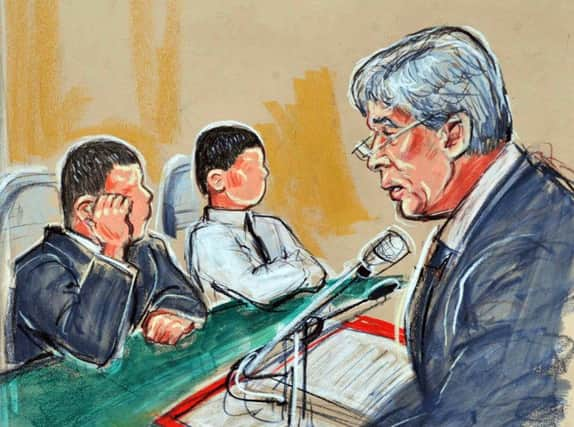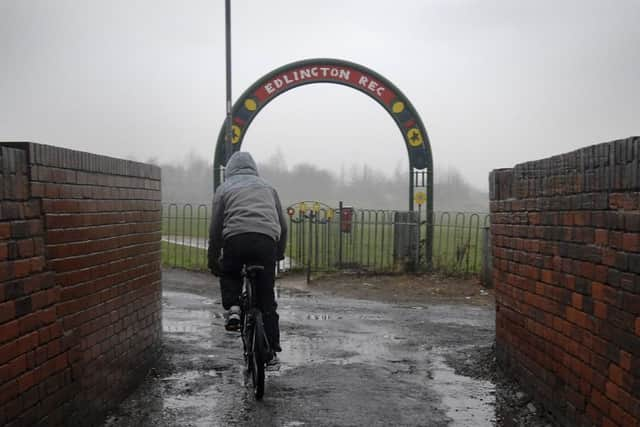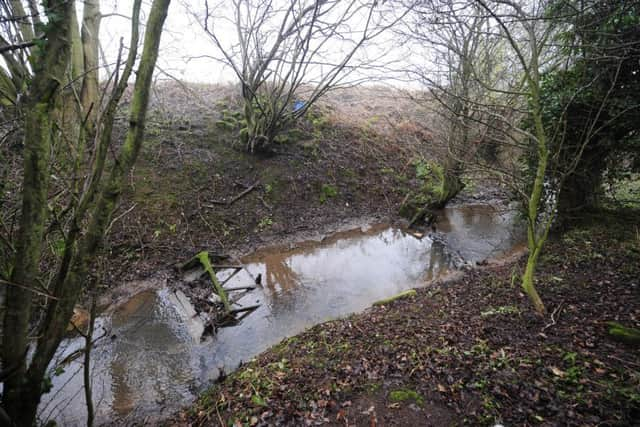Shamed but not named: Sadistic Edlington brothers get indefinite anonymity to protect their human rights


The pair were sentenced to an indeterminate period in custody, with a minimum of five years, following the horrific incident in 2009 which became known as the Edlington Case, after the former pit village near Doncaster where it happened.
A court order made at the time granted them anonymity until they were both 18.
Advertisement
Hide AdAdvertisement
Hide Ad

As the younger of the two brothers approached his 18th birthday, lawyers acting for the pair sought a lifelong anonymity order, claiming that identifying them would breach various sections of the Human Rights Act.
And today High Court judge Sir Geoffrey Vos ruled that they should remain anonymous.
The barrister representing the two brothers had asked the judge to grant anonymity.


Advertisement
Hide AdAdvertisement
Hide AdPhillippa Kaufmann QC was instructed by staff from the Office of the Official Solicitor, which helps vulnerable people involved in court cases.
The order bars journalists from revealing the brothers’ original names or their new identities.
Sir Geoffrey said he was satisfied that the anonymity order was in the public interest.
He said he would outline his reasoning in writing at a later date.
More shortly